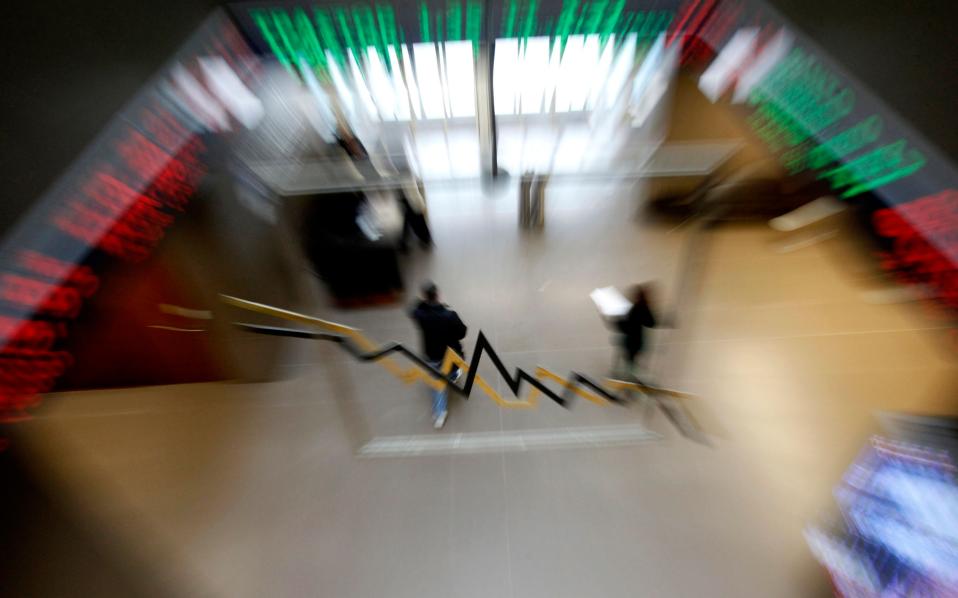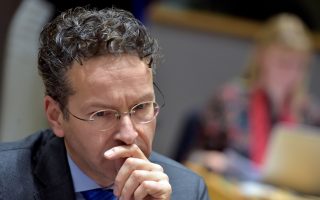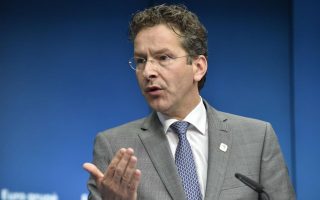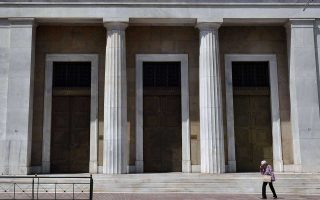Greek economy seen surging this year, but not as much as government, creditors say

Greece's economy will accelerate at a far faster rate this year than last, ending an eight-year nightmare of recession or stagnation but still performing less well than the government and its creditors project, the IOBE think tank said on Thursday.
In a quarterly economic review, the Foundation for Economic and Industrial Research said Greek gross domestic product would grow by 1.5 to 1.8 percent in 2017.
While this is slightly less than a previous 1.5 to 2.0 percent forecast, it is far higher than IOBE's new estimate of 0.4 percent growth last year, a significant upward revision from October's estimate of a 0.5 percent contraction.
It also contrasts strongly with the deep recession that ran from 2008 to 2015 with only a miniscule growth blip in 2014.
The IOBE's 2017 forecast, however, is for much less growth than the more upbeat view taken by the government and its official creditors who project the economy will grow by 2.7 percent.
“The goal of 2.7 percent is difficult to attain,” said IOBE head Nikos Vettas. “The (expected) rise in imports is underestimated while the delay in concluding the second bailout review also delays Greece's inclusion in the (ECB's) quantitative easing.”
Greece has received three official bailouts from the European Union and International Monetary Fund, money than was accompanied by sometimes harsh austerity. It is currently waiting for clearance of a new tranche.
The crisis has also meant that for now, Greece is not eligible for the European Central Bank's asset-buying scheme. Vettas said IOBE's projected economic expansion will result in higher imports, containing the contribution of net exports to gross domestic product with some part of income “leaking” abroad.
Commenting on the ongoing review of the country's performance against bailout programme targets, which has dragged on for months, Vettas said that official creditors' demands for high primary budget surpluses reflected a “trust deficit”.
Greece has said it is willing to guarantee further spending cuts if necessary to break an impasse in its talks with foreign lenders and conclude the review.
Finance ministers of the 19 countries sharing the euro zone met on Thursday in Brussels but there hasn't been sufficient progress in Greek reforms yet for them to sign off on a deal.
Talks are expected to continue until the next Eurogroup meeting, which is scheduled on Feb. 20.
IOBE expects Greece's jobless rate, the euro zone's highest, to ease by about one percentage point to 22.3 percent from 23.4 percent in 2016.
“We expect a continued strengthening of activity in export-oriented sectors such as tourism and manufacturing, which will help job creation,” said IOBE economist Angelos Tsakanikas. “But it will be a very slow process.”
[Reuters]





